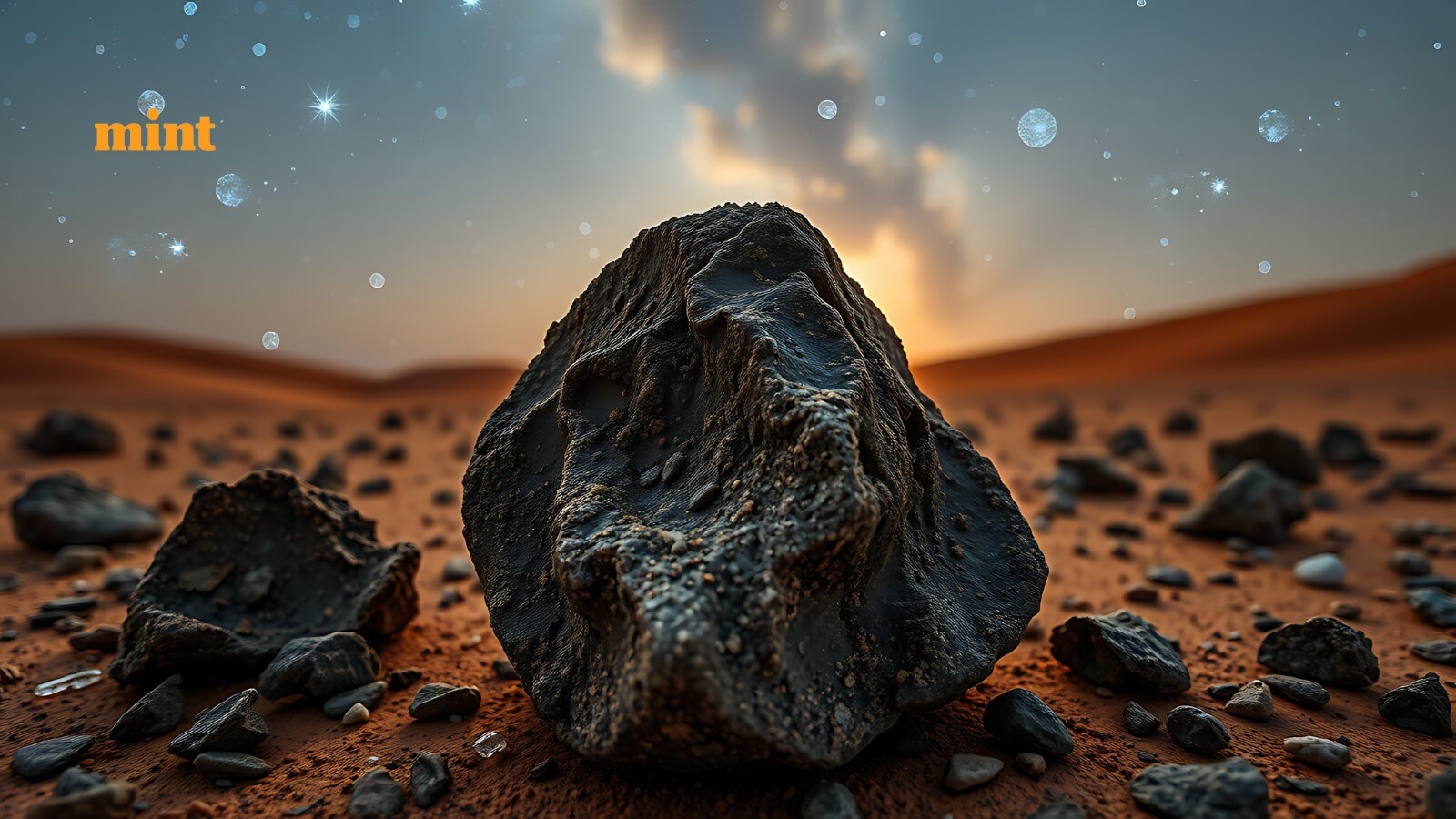Scientists believe two meteorites found in the Sahara Desert in 2023 may have come from Mercury, the closest planet to the Sun. If confirmed, these would be the first meteorites ever found from Mercury.
Mercury is hard to study because it is very close to the Sun. Only two spacecraft, Mariner 10 and MESSENGER, have visited it so far. A third, BepiColombo, will reach there in 2026.
From Mars and the Moon, over 1,100 meteorites have reached Earth. However, Mercury has never been confirmed as a source.
Researchers now think Mercury, despite its size, might be able to send rock fragments into Space during asteroid impacts. Planets like Venus, although closer to Earth, may not be able to do the same due to their strong gravity and thick atmosphere.
If proven true, these new meteorites could help scientists better understand Mercury’s surface.
“Based on the amount of lunar and Martian meteorites, we should have around 10 Mercury meteorites, according to dynamical modelling,” CNN quoted researcher Ben Rider-Stokes.
“However, Mercury is a lot closer to the sun, so anything that’s ejected off Mercury also has to escape the sun’s gravity to get to us. It is dynamically possible, just a lot harder. No one has confidently identified a meteorite from Mercury as of yet,” he added.
If confirmed to be from Mercury, meteorites NWA 15915 and KG 022 could help scientists learn more about the planet. However, there are doubts as the rocks seem 500 million years older than Mercury’s surface.
Rider-Stokes, anyway, believes this mismatch may be due to wrong estimates. Until samples are brought from Mercury or a visit to the planet, proving their origin remains very difficult.
Previous finds
In 2012, a meteorite named NWA 7325, found in Morocco, was thought to be from Mercury. It excited scientists. Nevertheless, later tests showed it had too much chrome, which didn’t match Mercury’s known surface.
Another group of meteorites, called aubrites, found earlier in France, were also believed to be from Mercury’s inner layer. However, their chemical makeup didn’t match Mercury’s surface.
These new meteorites found in the Sahara may, however, truly be from Mercury. These rocks have minerals like olivine and pyroxene, which match findings from NASA’s MESSENGER spacecraft. The samples also showed no iron, which fits scientists’ understanding of Mercury’s surface.
